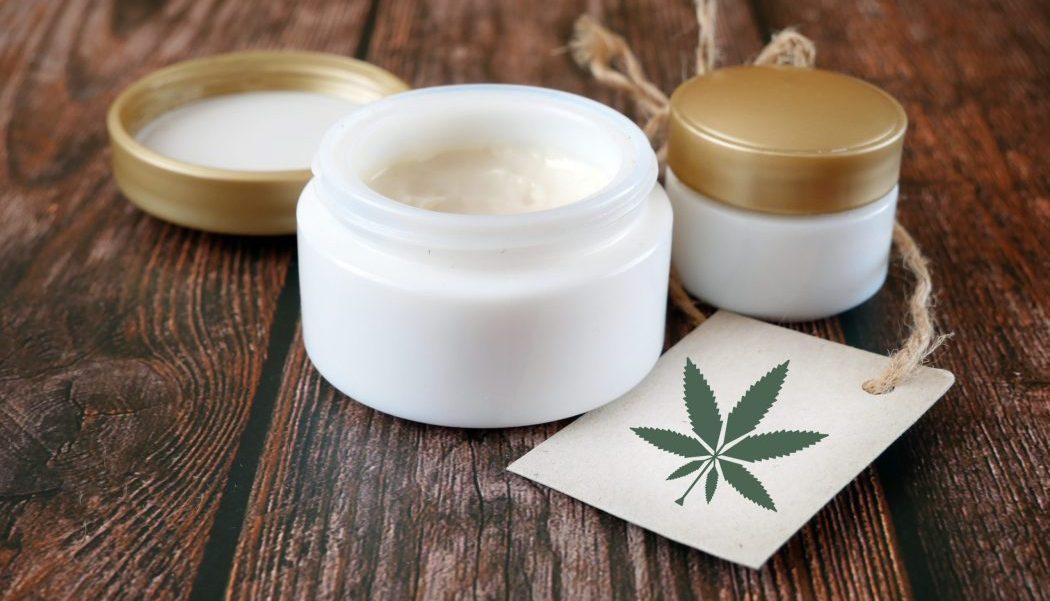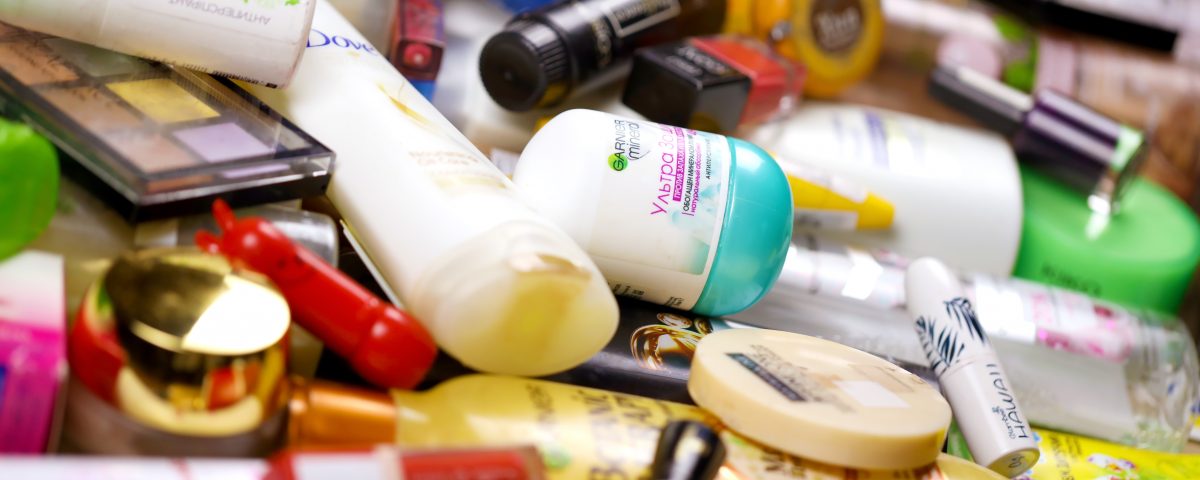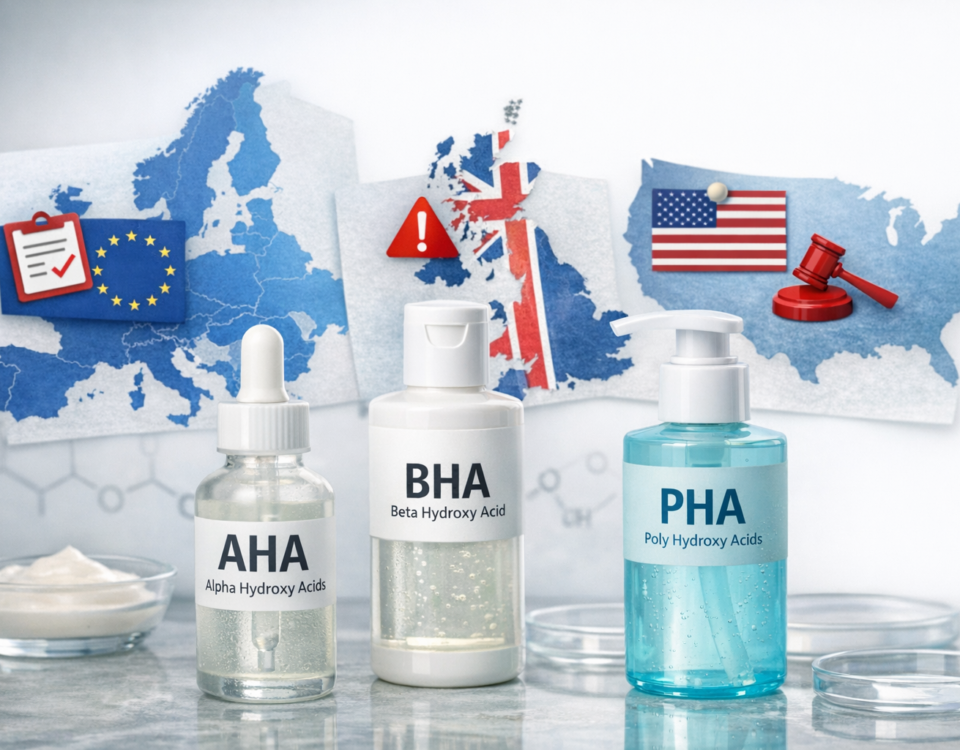
CBD in cosmetics
9 September 2022
My product is rich !
23 November 2022Reducing waste and managing it better: a major concern for cosmetics industry legislation. Here’s a quick European tour of the subject by Clear.
In France,
New harmonised labelling explaining the current waste sorting legislation (“info-tri”) is already present on consumer packaging. This much awaited, labelling scheme now applies to all businesses that market packaged household products regardless of whether they are made in France or elsewhere.
And don’t forget, dear readers, that the “info-tri” labelling, combining the Triman logo with waste sorting instructions, falls under article 17 of the REDUCING WASTE AND THE CIRCULAR ECONOMY (ANTI-GASPILLAGE POUR UNE ECONOMIE CIRCULAIRE or AGEC) law, which has been in force since 1st January 2022, the aim of which is to ensure that consumers are better informed resulting in more efficient waste management and contributing to reducing waste and the on-going transition towards a circular economy.
Some other European Union member states have followed France’s lead by making waste-sorting easier and forcing those businesses that generate waste to add waste-sorting instructions to their packaging.
Italy, for example, has issued a decree which makes the indication of the materials used and how they should be recycled obligatory on packaging.
In Spain, a royal decree is currently before the European commission to make waste management and recycling information labels obligatory, with the long-term intention of moving towards a circular economy approach.
As for Portugal, a decree-law is set to be issued approving the introduction of obligatory packaging labels stating which materials have been used and how they should be sorted.
Other countries, such as Germany, Sweden and Denmark do not oblige businesses that market products to affix waste sorting labels to their products. These countries are well advanced on the subject and already have highly effective waste management laws and systems in place.
Unlike the European Union, waste management information in the United Kingdom is still voluntary and issued by the ORPL (THE ON-PACK RECYCLING LABEL) eco-organisation and subject to the adhesion of the company in question.
European Union countries have placed environmental issues at the centre of their current preoccupations and companies that market cosmetic products are now facing an entirely new challenge.
All packaging intended for cosmetic products, which is often quite small in size, must now include all of these new environmental labels in addition to the standard mandatory regulatory labels already required for cosmetic products.
Cosmetic companies are feeling the impact of these new regulatory changes and are exploring a number of solutions to be proposed to government institutions, including the establishment of a single standard environmental label, the Europe-wide recognition of certain labelling codes, or the use of digital technology. CLEAR will be following these developments very closely as they unfold.
Reference texts :
France :
- “LAW n° 2020-105 of February 10, 2020 relating to the fight against waste and the circular economy”, JORF n°0035 of February 11, 2020
- “Decree n° 2021-835 of June 29, 2021 relating to consumer information on the rule for sorting waste from products subject to the principle of extended producer responsibility”, JORF n°0150 of June 30, 2021
- “Decree No. 2022-975 of July 1, 2022 relating to the extension to textile decorative elements of the sector with extended responsibility of the producer of furnishing elements and modifying various provisions relating to waste”, JORF No. 0153 of July 3 2022
Italy :
- Legislative Decree No. 116 of September 3, 2020
- Decree-Law No. 228 of December 30 2021
- Law No. 15 of February 25, 2022
Spain :
- Projet de décret
- Draft royal decree on packaging and packaging waste
Portugal :
- Draft decree-law modifying decree-law nº 152-D/2017 of December 11, 2017
Slovenia :
- EVA PROPOSAL 2021-2550-0062 “Regulation amending the Regulation on packaging and packaging waste”




